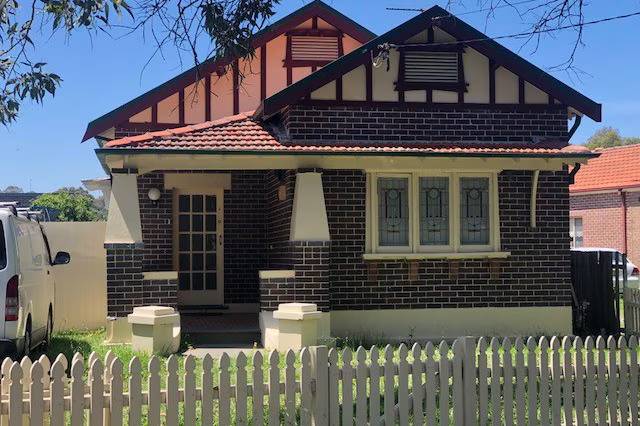Australia’s property rules have shifted again for 2025, and some of the changes matter a lot if you’re a student or migrant thinking about buying here.
The laws aim to protect buyers, curb fraud, and tighten how foreign investment is handled.
If you plan to buy property — now or sometime after you arrive — it pays to understand the legal side of a sale before you sign anything.
What conveyancing actually is (in plain terms)
Conveyancing is simply the legal part of buying a property — it’s about checking the title, sorting out contracts, handling settlement, and making sure the ownership passes smoothly from one person to another.
In Australia, that process includes searches (think council, water, caveats), checks for encumbrances, and lots of paperwork.
For people on visas, there are extra hoops: visa conditions, eligibility checks, and sometimes extra approvals before you can complete a purchase.
What changed in 2025 — the headline items
Here are the practical updates that are likely to affect international buyers.
Stricter checks for foreign buyers
Foreign buyer rules are tougher now.
The Foreign Investment Review Board (FIRB) has higher fees, and approvals are more selective.
If you’re not an Australian permanent resident, expect more paperwork and a longer approval timeline.
Don’t assume you can skip FIRB — clearance is often mandatory before settlement.
Tax rules have shifted
Tax policy affecting non-resident owners has been updated: higher capital gains expectations in some cases and new withholding obligations on overseas investors.
That changes the math: holding periods, cashflow planning, and exit strategies all deserve fresh attention.
Digital conveyancing is the default — with new ID checks
Electronic platforms (PEXA and the like) now handle most settlements.
That speeds things up but also tightens identity verification.
If your visa record doesn’t match your digital ID, expect delays.
The upside: settlements are more traceable and less paper-heavy — but the identity checks are strict.
What international students and migrants need to watch
Buying on a visa is possible, but it’s not the same as buying as a citizen.
- Check visa rules first. Some visas limit or forbid property purchase, others don’t. It’s smart to confirm your rights early with a qualified adviser such as migration lawyers Sydney so you don’t plan a purchase that’s blocked by your visa conditions.
- Use a conveyancer who knows migrant cases. A local professional experienced with international buyers can spot traps and make sure contracts match your situation — for example, correctly handling FIRB conditions or settlement timing. Conveyancers Brisbane (or wherever you plan to buy) will handle searches, exchange of contracts, and settlement steps on your behalf.
- Do every search and inspection. Title searches, council records, building and pest reports — don’t skip them. They show hidden issue problems (easements, unpaid rates, development restrictions) that often surprise first-time homeowners.
- Sort out your money matters early on. The new tax and withholding rules can catch people off guard, so talk to a tax adviser before you lock anything in. If you’re not a resident, banks might offer different loan options — it’s worth shopping around and getting pre-approved before you start making offers.
- Digital identity and documents must align. Make sure your visa, passport, and photo ID match the details you’ll use in online conveyancing systems.
Practical tips for a smoother process in 2025
A few quick, practical steps that save time and money:
- Start with eligibility checks before you fall in love with a property.
- Organise certified copies of your passport, visa and proof of funds early.
- Get a property inspection and full title search before exchanging contracts.
- Budget for FIRB fees (if applicable) and higher tax or withholding charges.
- Use a conveyancer who has handled international students or migrants before.
- Keep digital copies of everything — the system prefers tidy, consistent records.
Short checklist before you sign anything
- FIRB clearance needed? Yes / No → confirm.
- Title search done? Yes / No.
- Building & pest inspection complete? Yes / No.
- Tax adviser consulted? Yes / No.
- Conveyancer engaged? Yes / No.
- Digital ID verified? Yes / No.
Final thoughts
The 2025 changes tighten up the process but also make some parts cleaner (digital settlements, clearer FIRB rules).
The bottom line: don’t rush.
Do your checks, get the right advisers, and factor in extra time and costs for approvals and identity verification.
With the right preparation, buying property in Australia while you study or live on a visa is entirely doable — it just needs a bit more planning than it used to.
Emmanuel Fornillos is a Content writer and communications specialist at Justice Network.
He creates accessible resources on migration, study abroad, and legal matters, while fostering partnerships that help broaden the reach of this work.



